Types of Fostering
We work with local authorities to find foster families for children and young people, Sometimes, this is for a short time or permanently through to adulthood and beyond.
There are different types of foster care roles:
Short-term fostering
Short-term fostering placements can be for a few weeks, months, or up to two years.
Typically, it is provided for children and young people whose parent(s) or care givers are unable to look after them for all sorts of reasons. Usually, children will be placed in short-term fostering while the council considers the best place for the child to live. This is known as care proceedings.
The child’s social worker will carry out an assessment and make a [care] plan for the child which could include getting tis agreed a family court [care proceedings] possibly leading to long-term fostering, adoption, or being reunited with their family. Sometimes children placed with a foster family on a short-term basis can go on to stay with them long-term.
Short-term fostering often involves promoting and supporting contact with the child’s birth family. It is critical to maintain the relationships and will assist in returning to the birth family home.
Younger children are also placed in short-term foster care before they are adopted. The foster carer helps to introduce the child to their new family over a period of weeks.
Long-term fostering
Long-term fostering is for families who want to look after a child/ren or young person/s until they reach adulthood.
The child or children would have a permanence plan for long-term foster care issued by a Judge through care proceedings. Parental rights are shared with the birth parents and the local council throughout the placement, but long-term foster carers have an important say in decisions affecting the children’s welfare.
Sibling Fostering
Often siblings find themselves needing to be cared for in another family at the same time. Local Authorities can struggle to find families that can accommodate sibling groups. Where possible siblings should live together in families. It is important that foster parents can meet the individual needs of siblings and promote their unique personalities and identity.
Fostering Siblings is very rewarding, when families have capacity for this.
Planned breaks (a.k.a Respite fostering)
Typically, planned breaks provides the child or children, short stays with another foster family, when their family (birth or foster) need time to attend to other significant matters. Often the foster family providing the planned break may come from the existing families’ network. Perhaps a sibling, auntie or grandparent. However, this is not always possible and foster families outside the network need to be identified.
Providing Planned breaks fostering can be ideal for people who have less time available for fostering or want to build up their fostering experience more slowly, but still want to make a difference to a child’s life by welcoming them for a short stays.
Planned breaks usually take place at weekends and in school holidays.
Parent and child fostering
Parent and child foster carers support a parent to care for their baby. Everyone needs support when they have a new baby, especially if it’s their first child. Foster parents provide a range of support, including supervision, offering parenting advice and guidance as well as emotional support.
The parent might be a young, first-time parent or an older parent who has learning difficulties.
Parents come from lots of different backgrounds. Their own experience of being parented may have had significant shortcomings or they may have experience significant trauma. As a result, they might need extra help to learn the skills of being a good parent such as keeping their baby safe, the importance of routines, giving warmth and stimulation to their baby as well as looking after themselves and their home.
Usually, the parent and child foster provision is provided for a 13-20 week assessment period. Typically the council is undertaking a parenting assessment, which requires the foster carer to provide a high level of monitoring and in depth daily reporting to inform the assessment and future planning for the child.
Every family is unique, and the level of support needed may be different depending on each individual.
Parent and baby fostering is very rewarding but it can be challenging too, so we offer extra support to our parent and baby foster carers. We ask that foster carers do not take holidays during the time they have a parent and baby staying with them.
Supervising Social Workers will visit weekly to give you advice and guidance and discuss any concerns and worries a foster carer may have.
We also offer foster carers specialist training, access to support groups where you can meet other parent and baby foster carers, 24/7 telephone support, and a generous weekly payment.




